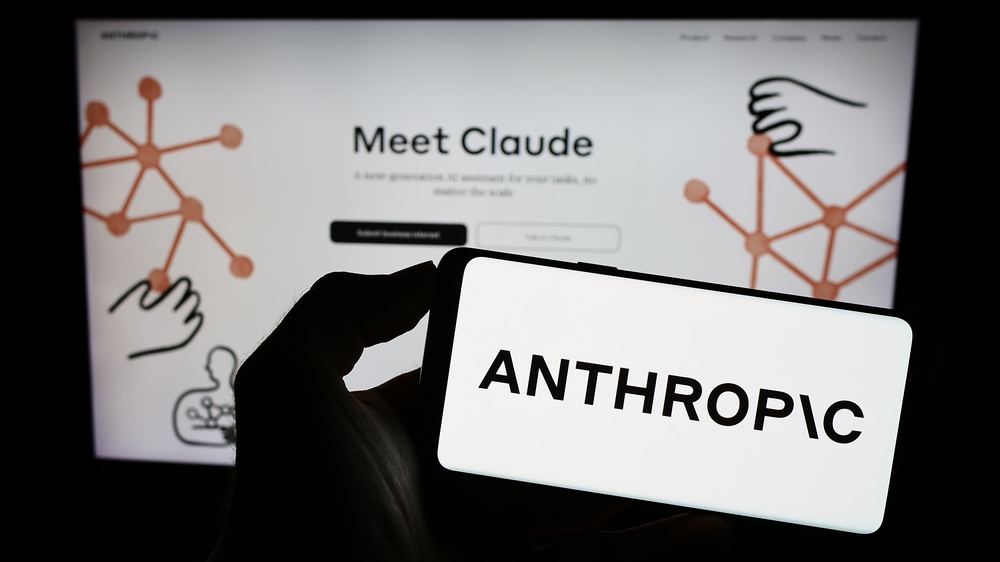The ratings rely on blind rankings of chatbot response quality, and Open AI has topped for almost a year.
OpenAI’s ChatGPT enjoys the biggest mainstream mindshare of all generative artificial intelligence (AI) tools. However, a famous crowdsourced leaderboard utilized by researchers shows that Claude 3 Opus has stolen its top spot.
Claude AI Dethrones GPT-4 in Chatbot Arena Ratings
Claude’s rise in the Chatbot Arena ratings indicates the first time for OpenAI’s GPT-4, which backs ChatGPT Plus, to overthrow it since its initial appearance on the leaderboard in May 2023.
Large Model Systems Organization (LMSYS ORG) runs the Chatbot Arena. LMSYS ORG is a research organization devoted to open models that back association between learners and faculty at UC San Diego, the University of California, Carnegie Mellon University, and Berkeley.
Further, Chatbot Arena presents users with two unlabelled language models and requests them to rank the one that performs better on the basis of the criteria considered appropriate.
After amassing several subjective comparisons, Chatbot Arena evaluated the ‘most effective’ model for the leaderboard, revising it over time. The subjective strategy relies on participants’ preferences, differentiating Chatbot Arena from other artificial intelligence benchmarks.
Model trainers cannot ‘deceive’ by customizing their models to defeat the algorithm, as may happen with quantitative benchmarks. By identifying what individuals basically desire, Chatbot Arena is a crucial and qualitative resource for artificial intelligence researchers.
Chatbot Arena gathers users’ feedback and runs it via the Bradley-Terry statistical model to forecast a specific model’s possibility of outdoing others in direct competition. The strategy promotes the creation of all-inclusive data, including the confidence interval ranges for Elo rating estimates. This similar strategy is utilized to evaluate chess players’ skills.
Anthropic AI Models Garner Top Spots in Chatbot Arena
The rise of Claude 3 Opus is not the only major development on the leaderboard. Anthropic has also developed Claude 3 Sonnet (the freely available medium-size model) and Claude 3 Haiku (a smaller and quicker model), presently in 4th and 6th place.
Further, the leaderboard comprises various GPT-4 versions, including GPT-4-0314 (GPT-4’s ‘initial’ version since March last year), GPT-4-0613, GPT-4-1106-preview, and GPT-4-0125 preview (the most recent GPT-4 Turbo model available through API from January this year). The ranking shows that Haiku and Sonnet ate better compared to the earlier GPT-4. Besides, Sonnet outpaces a modified version that OpenAI unveiled in June last year.
This also indicates that, unfortunately, Qwen is the only open-source large language model in the top 10. Other models in the top 20 include Starling 7b and Mixtrial 8x7B. A major benefit of Clause over GPT-4 is its retrieval ability and token context capacity.
Claude 3 Opus’s public version manages more than 200000, and the firm asserts it has a limited version with the ability to handle 1 million tokens with nearly faultless recovery rates. This indicates Claude’s capability to comprehend lengthier prompts and retain data more efficiently than GPT-4 Turbo that manages 128000 tokens and loses its recovery abilities with lengthier prompts.
Google’s Gemini Advanced has also acquired a grip on artificial intelligence assistance. The firm provides a plan that entails two terabytes of storage and artificial intelligence capabilities in the Google products collection for a similar price as a ChatGPT Plus subscription. Currently, the free Gemini Pro is rated fourth. The exceptional Gemini Ultra model is inaccessible for testing and is not featured in the rankings.
Stay ahead of the curve and make informed, AI-enhanced trading decisions with Finance Phantom at your command.
